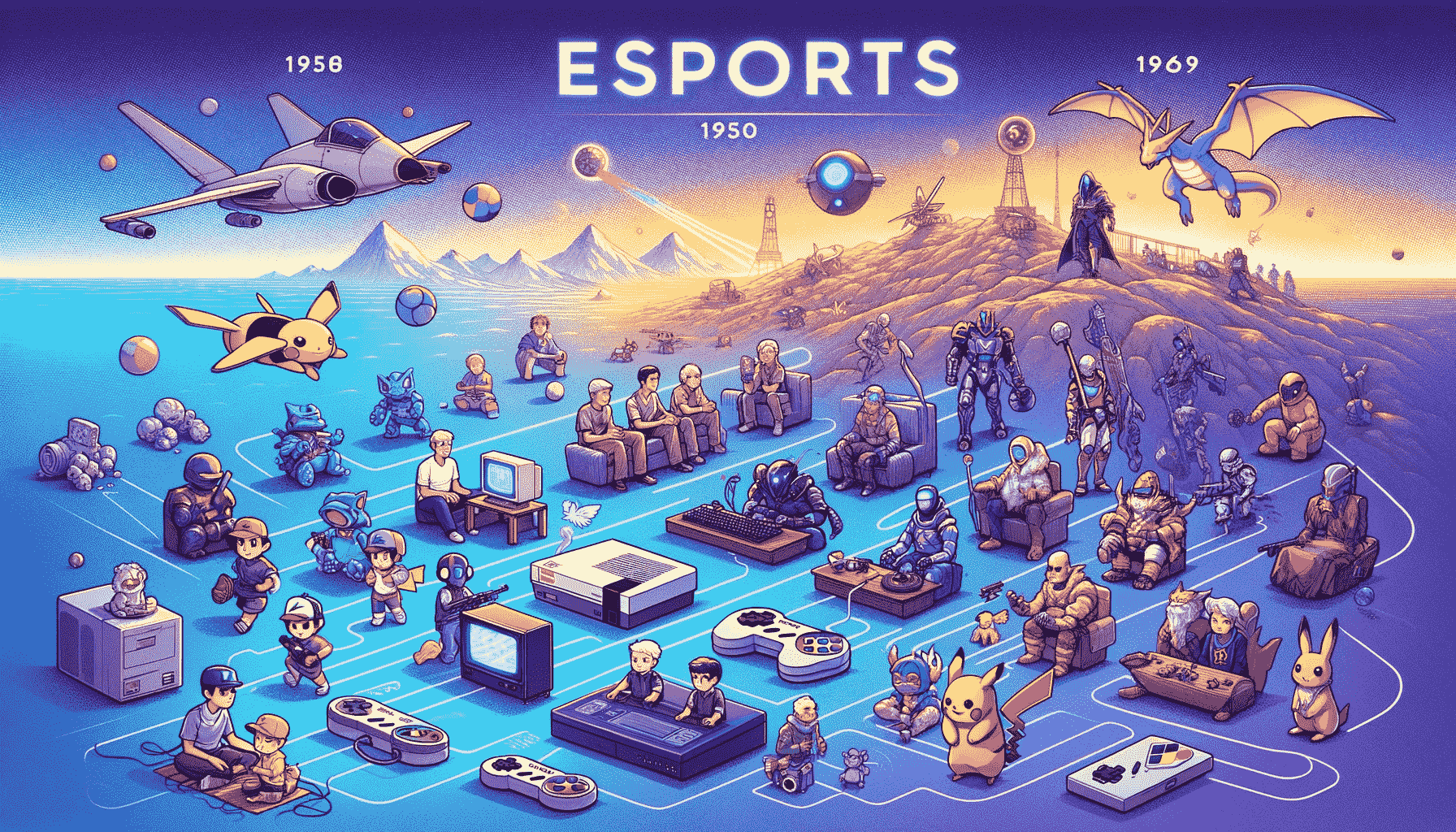The advent of blockchain technology and non-fungible tokens (NFTs) has begun to revolutionize various industries, including the gaming sector. These technologies promise to fundamentally alter game economies, player ownership, and the way digital assets are perceived and traded. This article explores the impact of blockchain and NFTs on the gaming world, highlighting their potential benefits, challenges, and future prospects.
Understanding Blockchain and NFTs
Blockchain Technology: Blockchain is a decentralized digital ledger that records transactions across multiple computers. This technology ensures transparency, security, and immutability, making it ideal for applications where trust and verification are crucial. In gaming, blockchain can be used to create decentralized game economies, enable secure transactions, and establish true ownership of digital assets.
Non-Fungible Tokens (NFTs): NFTs are unique digital assets verified using blockchain technology. Unlike cryptocurrencies such as Bitcoin or Ethereum, which are fungible and identical in value, NFTs are distinct and cannot be exchanged on a one-to-one basis. This uniqueness makes NFTs perfect for representing in-game items, characters, and other digital collectibles.
Read also about: The Future of Social Gaming: Enhancing Connectivity and Community Building.
The Benefits of Blockchain and NFTs in Gaming
True Ownership of Digital Assets: One of the most significant benefits of blockchain and NFTs in gaming is the concept of true ownership. Traditionally, in-game items and assets are controlled by the game developers, and players do not have true ownership. With NFTs, players can own, trade, and sell their in-game assets independently of the game developers. This shift empowers players and creates a new level of engagement and investment in the gaming experience.
Interoperability and Cross-Game Assets: Blockchain technology enables the creation of interoperable assets that can be used across different games and platforms. This means that players can transfer their NFTs from one game to another, creating a more interconnected gaming ecosystem. For example, a weapon or character acquired in one game could be used in another, enhancing the value and utility of digital assets.
Enhanced Security and Fraud Prevention: Blockchain’s decentralized nature and cryptographic security make it highly resistant to hacking and fraud. In traditional gaming, item duplication, account hacking, and fraud are common issues. Blockchain technology can mitigate these risks by ensuring that each transaction is transparent and verifiable, providing a safer environment for players and developers.
Monetization Opportunities for Players: Blockchain and NFTs open up new monetization opportunities for players. By owning and trading in-game assets, players can potentially earn real money. This play-to-earn model has gained popularity with games like ‘Axie Infinity’, where players can earn cryptocurrency by playing the game and trading their NFTs. This model incentivizes players to invest more time and effort into the game, potentially leading to a more vibrant and active player base.
Challenges and Concerns
Environmental Impact: One of the primary concerns with blockchain technology, particularly NFTs, is their environmental impact. The energy consumption of blockchain networks, especially those using proof-of-work algorithms like Bitcoin and Ethereum, is significant. This high energy usage has raised concerns about the sustainability of blockchain-based gaming. Developers are exploring more eco-friendly alternatives, such as proof-of-stake algorithms, to mitigate these environmental impacts.
Market Volatility: The value of NFTs and cryptocurrencies can be highly volatile, leading to potential financial risks for players and developers. The speculative nature of NFT markets can result in significant price fluctuations, which may deter some players from participating. Developers must navigate this volatility carefully to create stable and sustainable game economies.
Regulatory and Legal Issues: The integration of blockchain and NFTs into gaming also raises regulatory and legal challenges. Different countries have varying regulations regarding digital currencies, securities, and virtual assets. Game developers must ensure compliance with these regulations to avoid legal issues. Additionally, the legal status of NFTs and their ownership rights are still evolving, which may create uncertainties for both developers and players.
Future Prospects
Mainstream Adoption: Despite the challenges, the potential benefits of blockchain and NFTs in gaming are driving mainstream adoption. Major gaming companies and developers are exploring blockchain integration to enhance player experiences and create new revenue streams. As technology evolves and matures, we can expect more games to incorporate blockchain and NFT elements.
Innovative Game Design: Blockchain and NFTs are enabling innovative game design concepts. Developers can create games with decentralized governance, where players have a say in the development and evolution of the game. This community-driven approach can lead to more engaged and loyal player bases. Additionally, the ability to tokenize in-game assets opens up new possibilities for game mechanics and monetization strategies.
Collaboration and Partnerships: The future of blockchain and NFTs in gaming will likely involve collaboration between traditional game developers and blockchain technology companies. Partnerships between these sectors can drive innovation and create more seamless and user-friendly experiences for players. For example, collaborations can lead to the development of cross-game asset standards and more efficient blockchain networks.
Conclusion
Blockchain technology and NFTs are poised to revolutionize game economies and ownership, offering players true ownership of digital assets, enhanced security, and new monetization opportunities. While challenges such as environmental impact, market volatility, and regulatory issues must be addressed, the potential benefits are driving mainstream adoption and innovation in the gaming industry. As the technology continues to evolve, the integration of blockchain and NFTs will likely play a significant role in shaping the future of gaming, creating more immersive, interconnected, and rewarding experiences for players worldwide.
